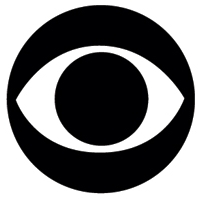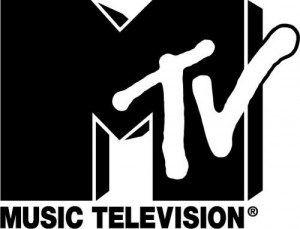Now, before I get too far in to this post/series. I should make this disclaimer. All of these ideas come from my own personal experience in branding and logo design, what works, and what doesn’t. I am under no delusion in terms of this being “ground breaking” or “new” ideology, but it is what I base my theory on and a part of my creative process, so I would like to think it could be useful or valid to someone else out there in the world. Basically, what I am trying to say is, this is my logo design theory, there are many others like it, but this one is mine. On with the show.
—
Everyday, we are inundated with information and imagery. Often times, it is difficult to discern where one thing begins and another ends in the mish mash of mass media.
Since we’re already facing an onslaught of information, it is incredibly easy for detail to get lost and it is this very same detail that may be the key to setting you apart from ‘the other guy.’ In order to get your message out there you have to talk fast or else you will be left behind. In a second, the viewer’s head will be turned or they will have moved on to something else; you have to keep it simple so your message can be communicated in this short amount of time.
Some of the most famous logos of all time are also the simplest. Consider the Nike ‘swoosh,’ the McDonald’s ‘golden arches,’ and the CBS ‘eye.’ All of these logos are quite simple in construction but they have become icons both in the graphic design world and in American pop-culture as good logos. (They also illustrate that a logo doesn’t have to be literal to be relevant, but I will discuss that in another post.)
To illustrate this point further, I will use some of the 9000 television logos from the earlier post. Let’s first look at the aforementioned CBS ‘eye.’
Three shapes. Two circles and one, pointed ellipse. However, where ever and whenever I see this logo, I never have to think about what it is promoting. It sends an automatic recall off in my brain. Part of that can be contributed to its simplicity. There is very little detail that I am required to recall. Simplicity here lends itself to some of the other key points in logo design. Versatility, recognizability, and relatability are all aided by simplicity.Another good example of simplicity in logo design is the MTV logo. When I turn on my television, it shouldn’t be much of an effort to discover what channel I am watching. The MTV logo, quickly and simply, communicates this information to me.
Couple this solid, simple logo with a memorable campaign such as “I want my MTV,” and your result is a mark that will serve as the icon to 1980’s and 1990’s youth, popular-music culture. There are no details to lose, no elaborate story to tell, just an ‘m’ with a ‘tv’ and a dash of youthful rebellion. You see it once or twice and you never forget it. Every detail is burned into your brain to the point that, when asked, anyone remotely familiar with the logo should be able to reproduce something that looks remarkably close to what it should. (This gives me an idea.)In short, your window of opportunity is brief. The amount of time that is going to be given to process your logo is going to be short so you should try to make it count. Don’t worry about trying to include small details, they’re not going to be remembered anyway. It’s much more important to concern yourself with refining the big picture in order to get your message across.


